38 nutrient content claims on food labels
Nutrient Content - an overview | ScienceDirect Topics D. McCrea, in Encyclopedia of Food Safety, 2014 Nutrient Content. A nutrient content claim is a nutrition claim that describes the level of a nutrient contained in a food, such as, 'source of calcium' and 'low in fat.' Reference levels at which a content claim can be used are specified in international and national legislations. For example, to make a claim of low fat, the table of ... Food Labeling: Nutrient Content Claims; Definition of Term "Healthy" The Food and Drug Administration (FDA or we) is proposing to update the definition for the implied nutrient content claim "healthy" to be consistent with current nutrition science and Federal dietary guidance, especially the Dietary Guidelines for Americans (Dietary Guidelines), regarding how consumers can maintain healthy dietary practices.
how to understand food labels - Eat For Health Don’t rely on health claims on labels as your guide. Instead learn a few simple label reading tips to choose healthy foods and drinks, for yourself. You can also use the label to help you lose weight by limiting foods that are high in energy per serve. 100g Column and Serving Size If comparing nutrients in similar food products use the per 100g column. If calculating how much …

Nutrient content claims on food labels
Understanding Food Labels | The Nutrition Source | Harvard T ... The FDA has approved 12 health claims on food labels such as the relationship between calcium and osteoporosis; sodium and hypertension; fiber-containing grains, fruits and vegetables and cancer; and folic acid and neural tube defects. However, just because a food contains a specific nutrient that is associated with a decreased risk of disease ... Nutrient Content Claims | FDA - U.S. Food and Drug Administration Nutrient Content Claims. See Claims That Can Be Made for Conventional Foods and Dietary Supplements for definitions of claims. Final Rule: Food Labeling: Nutrient Content Claims; Alpha-Linolenic ... Nutrient Content Claim vs Health Claim - LabelCalc Nutrient content claims, which are commonly used on food labels, either refer to the amount of a nutrient in a product or compare the levels of a nutrient in that food to a similar reference food. When referring to the amount of a nutrient in a product, words such as "low," "free," and "high" are often used.
Nutrient content claims on food labels. eCFR :: 21 CFR 101.54 -- Nutrient content claims for "good source ... ( 1) If a nutrient content claim is made with respect to the level of dietary fiber, that is, that the product is high in fiber, a good source of fiber, or that the food contains "more" fiber, and the food is not "low" in total fat as defined in § 101.62 (b) (2) or, in the case of a meal product, as defined in § 101.13 (l), or main dish product,... Making a nutrient content claim on food labels - Food labels - Canadian ... In some cases, nutrient content claims are found on foods that hold exemptions or prohibitions from showing a Nutrition Facts table. Making a claim on these products triggers certain labelling requirements: Products not required to show the nutrition facts table, Nutrient Claims on Food Labels - Food Smart Colorado Nutrient content claims describe a food and the level of a particular nutrient in that food. "Low fat" and "High fiber" are both examples of nutrient content claims. These types of claims usually appear on the front of a package and are regulated by the Food and Drug Administration (FDA). 5 Understanding Food Labels and Health Claims - Maricopa The Nutrition Labeling and Education Act made it a law that foods sold in the United States have a food label that provides the accurate contents of nutrients within them. This label is called a Nutrition Facts panel, which gives information on the number of servings per container, the number of calories per serving, and certain nutrients.
Label Claims for Conventional Foods and Dietary Supplements Nutrient Content Claims, The Nutrition Labeling and Education Act of 1990 (NLEA) permits the use of label claims that characterize the level of a nutrient in a food (i.e., nutrient content claims)... Nutrition claims - Food Safety A claim stating that the content in one or more nutrients has been reduced, and any claim likely to have the same meaning for the consumer, may only be made where the reduction in content is at least 30% compared to a similar product, except for micronutrients, where a 10 % difference in the reference values as set in Directive 90/496/EEC shall ... Understanding Food Labels - Nutrition: Science and Everyday Application ... The value printed on the Nutrition Facts panel is the percent DV, which tells you how much one serving of the food contributes towards meeting the daily requirement for that nutrient. The FDA uses the following definitions for interpreting the %DV on food labels:4. 5%DV or less means the food is low in a nutrient. Nutrient content claims - Canadian Food Inspection Agency Advertisements making vitamin and mineral nutrient content claims; Decision trees for nutrient content claim advertising requirements; Reference information. Foods to which vitamins, mineral nutrients and amino acids may or must be added; Nutrient content claim examples; Additional Information. Criteria for the nutrient content claim no added ...
Food Packaging Claims | American Heart Association A disease or health-related condition. "Nutrient content claims" are used for two purposes: To describe the level of a nutrient in the product using terms such as free, high, and low or, To compare the level of a nutrient in a food to another food using terms such as more, reduced, and lite. Nutrient content claims: what they mean - Canada.ca Table of nutrient-content claims and what they mean. The food provides an amount of a nutrient that is so small it likely won't have any effect on your body. The food is processed/modified so that it contains at least 25% less of the nutrient when compared with a similar product. Contains no added fats or oils or added butter or ghee, or ... Nutrient Claims on Food Labels - Truly Good Foods Nutrient Claims on Food Labels, July 19, 2018, Nutrient claims describe the content of a food, including the amount of nutrients, calories, cholesterol or fiber, but not in exact amounts. Usually on the front of the food label, the nutrient claim provides a quick comparison between similar products. Nutrition content claims and health claims - Food Standards Nutrition content claims are about the content of certain nutrients or substances in a food, such as 'low in fat ' or 'good source of calcium'. These claims need to meet certain criteria. For example, food with a 'good source of calcium' claim needs to contain at least the amount of calcium specified in the Standard. Health claims,
How to Read Food Labels: Your Complete Consumer Guide Details included on food labels are the nutritional composition of a food, as well as ingredients and their relative amounts. When relevant, they may also indicate important details about the food's quality, origin, processing, and method of preservation. With this information, the theory goes, you can make intentional decisions about what to buy.
21 CFR § 101.13 - Nutrient content claims - general principles. (b) A claim that expressly or implicitly characterizes the level of a nutrient of the type required to be in nutrition labeling under § 101.9 or under § 101.36 (that is, a nutrient content claim) may not be made on the label or in labeling of foods unless the claim is made in accordance with this regulation and with the applicable regulations ...
CFR - Code of Federal Regulations Title 21 - Food and Drug … 20.07.2022 · Sec. 101.65 Implied nutrient content claims and related label statements. (a) General requirements. An implied nutrient content claim can only be made on the label and in labeling of the food if: (1) The claim uses one of the terms described in this section in accordance with the definition for that term; (2) The claim is made in accordance with the general …
Food Labeling: Nutrient Content Claims; Alpha-Linolenic Acid ... To enable the public to comprehend the information provided in nutrient content claims and to understand the relative significance of that information in the context of the daily diet, as required by section 403(r)(2)(G)(iv) of the FD&C Act, qualifying ALA levels for nutrient content claims in food labeling must be based on a single nutrient ...
Nutritionist Pro™ | Diet Analysis, Food Label, Menu Creation ... Designed and managed by registered dietitians for your comprehensive nutrition analysis needs. From food labels to menus to recipe calculations, Nutritionist Pro™ makes all your food science needs a simple and streamlined process. Since 1982 over 1,000,000 have relied on the Nutritionist Pro™ family of products.
Status of Nutrition Labeling, Health Claims, and Nutrient Content ... Status of Nutrition Labeling, Health Claims, and Nutrient Content Claims for Processed Foods: 1997 Food Label and Package Survey - PubMed, The Food and Drug Administration (FDA) conducts studies of food labels as part of its ongoing monitoring of the nutritional status of the US population.
Nutrient Claims on Food Labels - Clemson University Sodium content cannot exceed 360 mg per serving for individual foods and 480 mg per serving for meal-type products. If a food is labeled "healthy" or makes a health claim, it cannot contain any nutrient that increases the risk for disease. It must contain no more than 20% of the DV per serving of total fat, saturated fat, cholesterol, or sodium.
Food Labels Guide & Examples | How to Read Nutrition Labels - Video ... A nutrition facts label, or food label, is designed to provide information about the nutrient content of the food item. At the top we find the 'Serving Size' and 'Servings Per Container,' followed ...
FDA considers changing rule on "healthy" label The FDA is considering updating the nutrient content claim "healthy" definition on food labels to reduce diet related diseases in the US. The US Food and Drug Administration has issued a proposed rule to redefine the nutrient content claim "healthy" on food and beverage products. The proposed rule is said by the Federal Register "to ...
Regulating health claims on food labels using nutrient profiling: what ... Objective: Proposed Australian regulation of claims on food labels includes requirements for products carrying a health claim to meet nutrient profiling criteria. This would not apply to nutrition content claims. The present study investigated the number and healthiness of products carrying claims and the impact of the proposed regulation.
Label Claims for Food & Dietary Supplements | FDA 07.03.2022 · Among the claims that can be used on food and dietary supplement labels are three categories of claims that are defined by statute and/or FDA regulations: health claims, nutrient content claims ...
Nutrient Content Claims on a Food Label - LabelCalc The food product nutrition content must meet the strict guidelines and parameters set forth by the FDA in order to accurately make these nutrient content claims on a food label. For a more in-depth look at nutrient content claims, download this PDF. A Quick Reference Summary of Parameters
How to read food labels | healthdirect Sugar: Sugar is a type of carbohydrate. It is better to choose healthier carbohydrates and to limit foods that are high in added sugars. Fibre: High fibre foods such as wholegrain bread and cereals improve digestion and help you to feel full. Sodium: This tells you how much salt the product contains. Eating too much salt is linked to high blood pressure and can lead to heart disease, …
The Effects of Nutrition Knowledge on Food Label Use: A Review of the ... Nutrition information on food labels is an important source of nutrition information but is typically underutilized by consumers. This review examined whether consumer nutrition knowledge is important for communication of nutrition information through labels on packaged foods. ... One goal of nutrient content claims is to communicate the value ...
Food Labeling Guide - Food and Drug Administration 4. table of contents 1. i ntroduction 4 2. b ackground 4 3. g eneral f ood l abeling r equirements 5 n ame of f ood 7 juices 5. n et q uantity of c ontents s tatements 14 6. i ngredient l ists 17 ...
Nutrient Content Claim vs Health Claim - LabelCalc Nutrient content claims, which are commonly used on food labels, either refer to the amount of a nutrient in a product or compare the levels of a nutrient in that food to a similar reference food. When referring to the amount of a nutrient in a product, words such as "low," "free," and "high" are often used.
Nutrient Content Claims | FDA - U.S. Food and Drug Administration Nutrient Content Claims. See Claims That Can Be Made for Conventional Foods and Dietary Supplements for definitions of claims. Final Rule: Food Labeling: Nutrient Content Claims; Alpha-Linolenic ...
Understanding Food Labels | The Nutrition Source | Harvard T ... The FDA has approved 12 health claims on food labels such as the relationship between calcium and osteoporosis; sodium and hypertension; fiber-containing grains, fruits and vegetables and cancer; and folic acid and neural tube defects. However, just because a food contains a specific nutrient that is associated with a decreased risk of disease ...

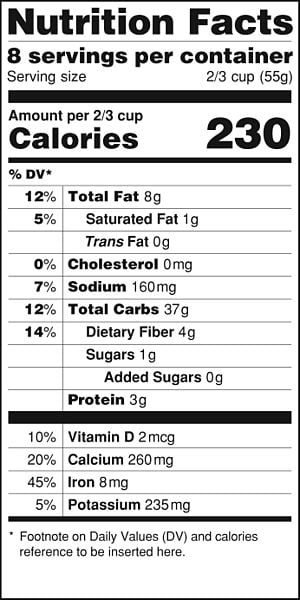


:no_upscale()/cdn.vox-cdn.com/uploads/chorus_asset/file/3652082/healthy-choice.0.png)



:no_upscale()/cdn.vox-cdn.com/uploads/chorus_asset/file/3650624/quakerlabel-shelf.0.jpg)


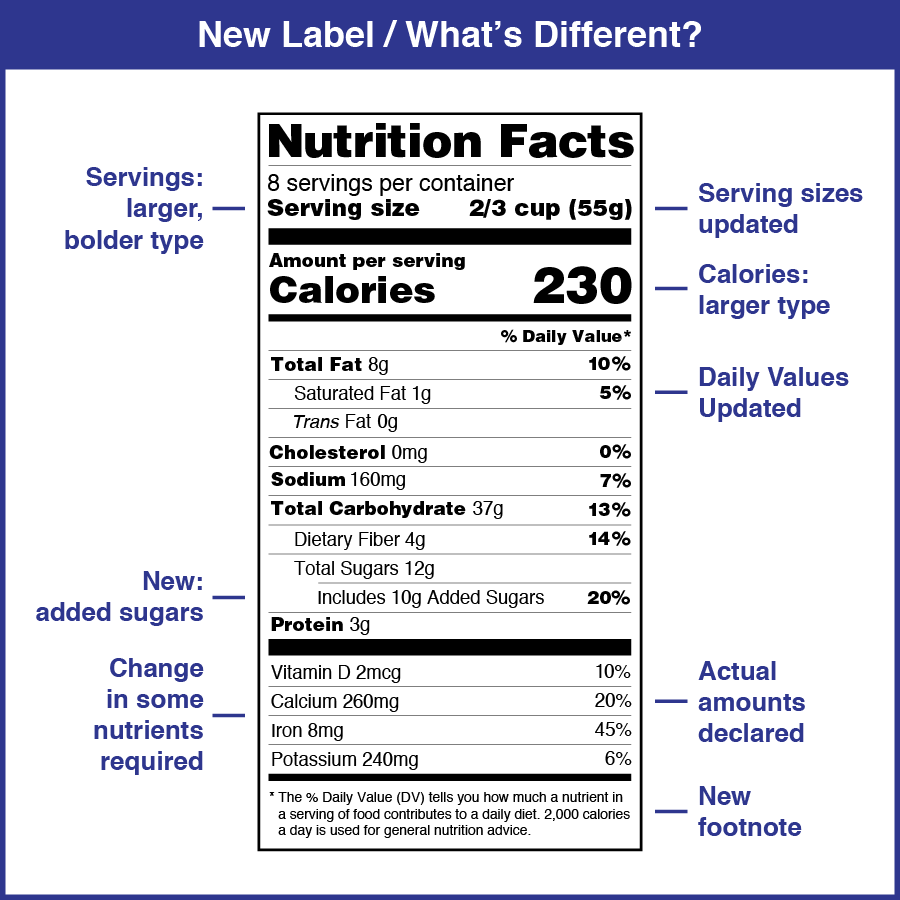

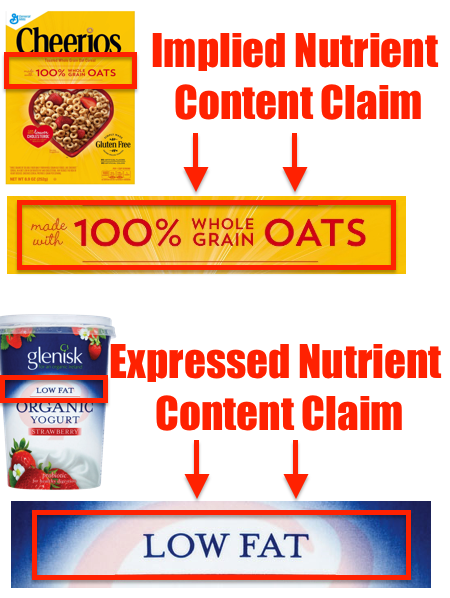
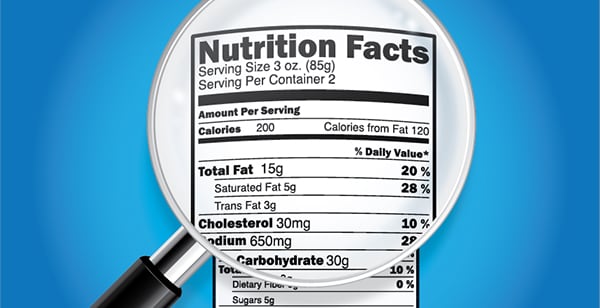

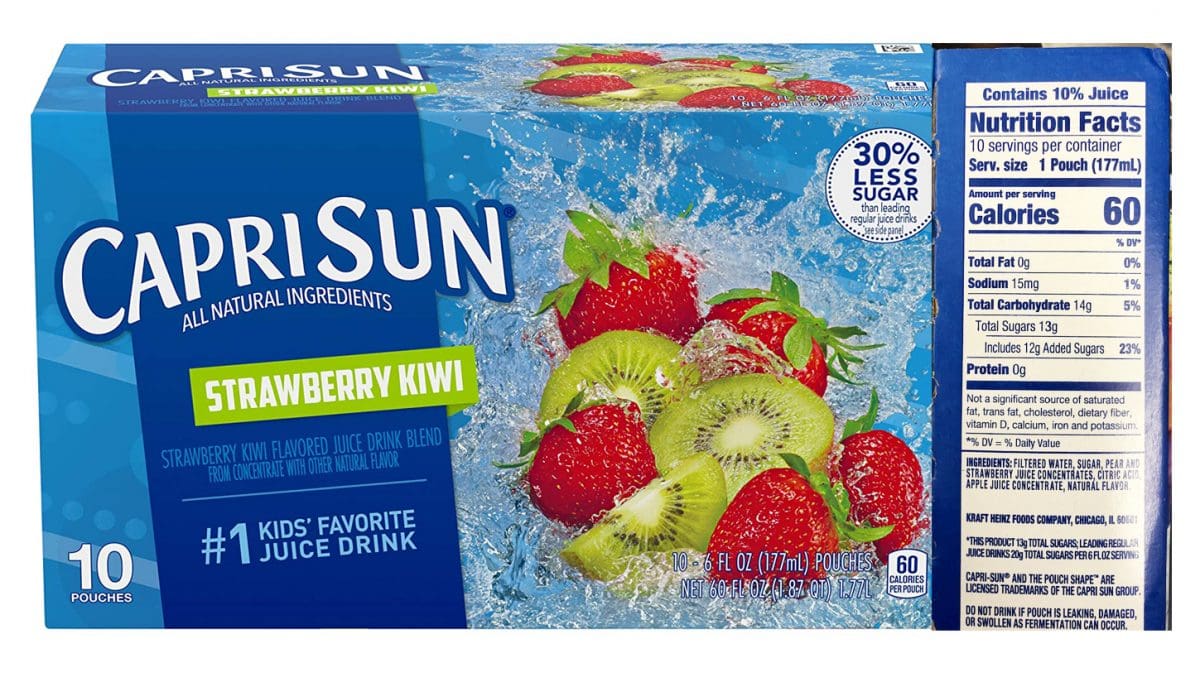

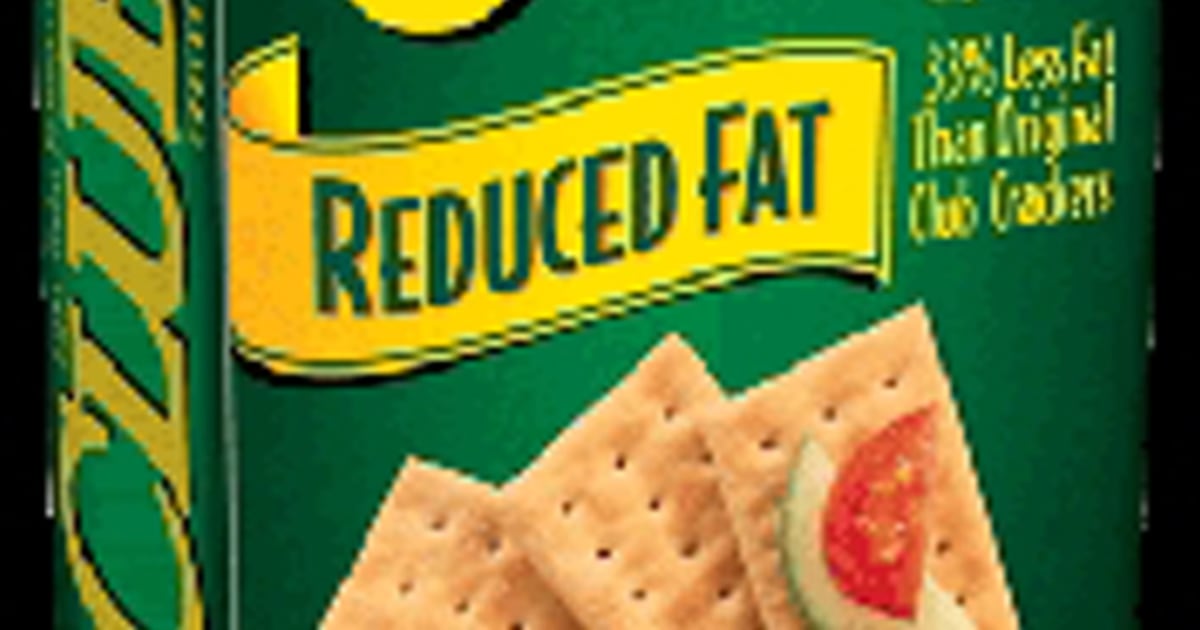

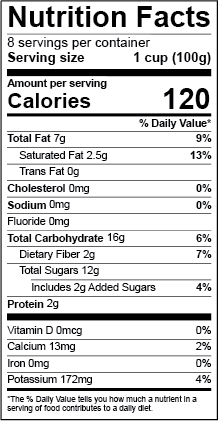
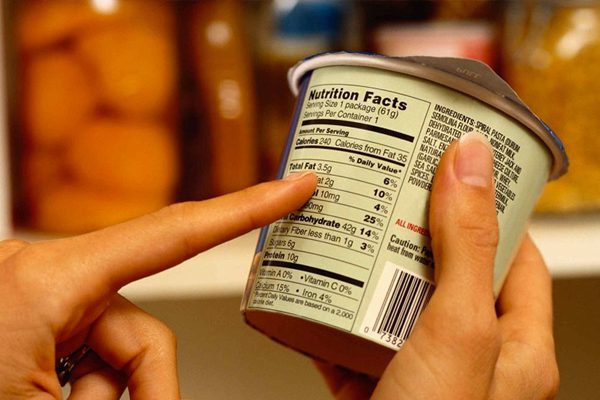
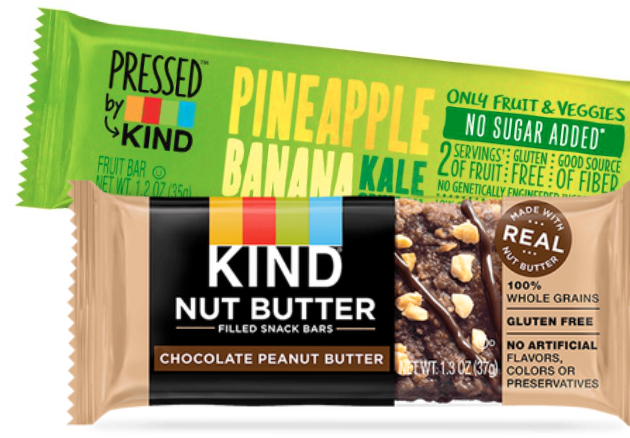
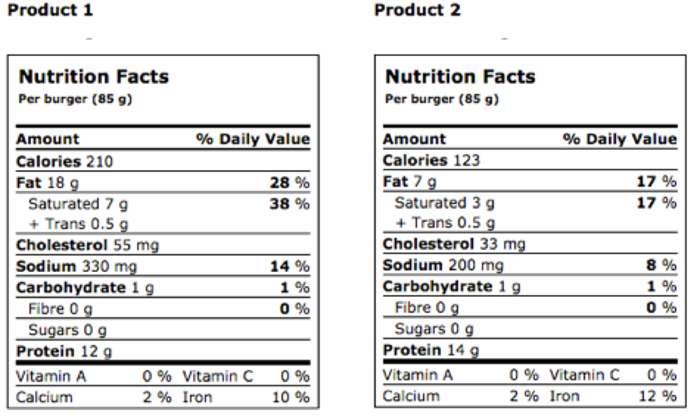
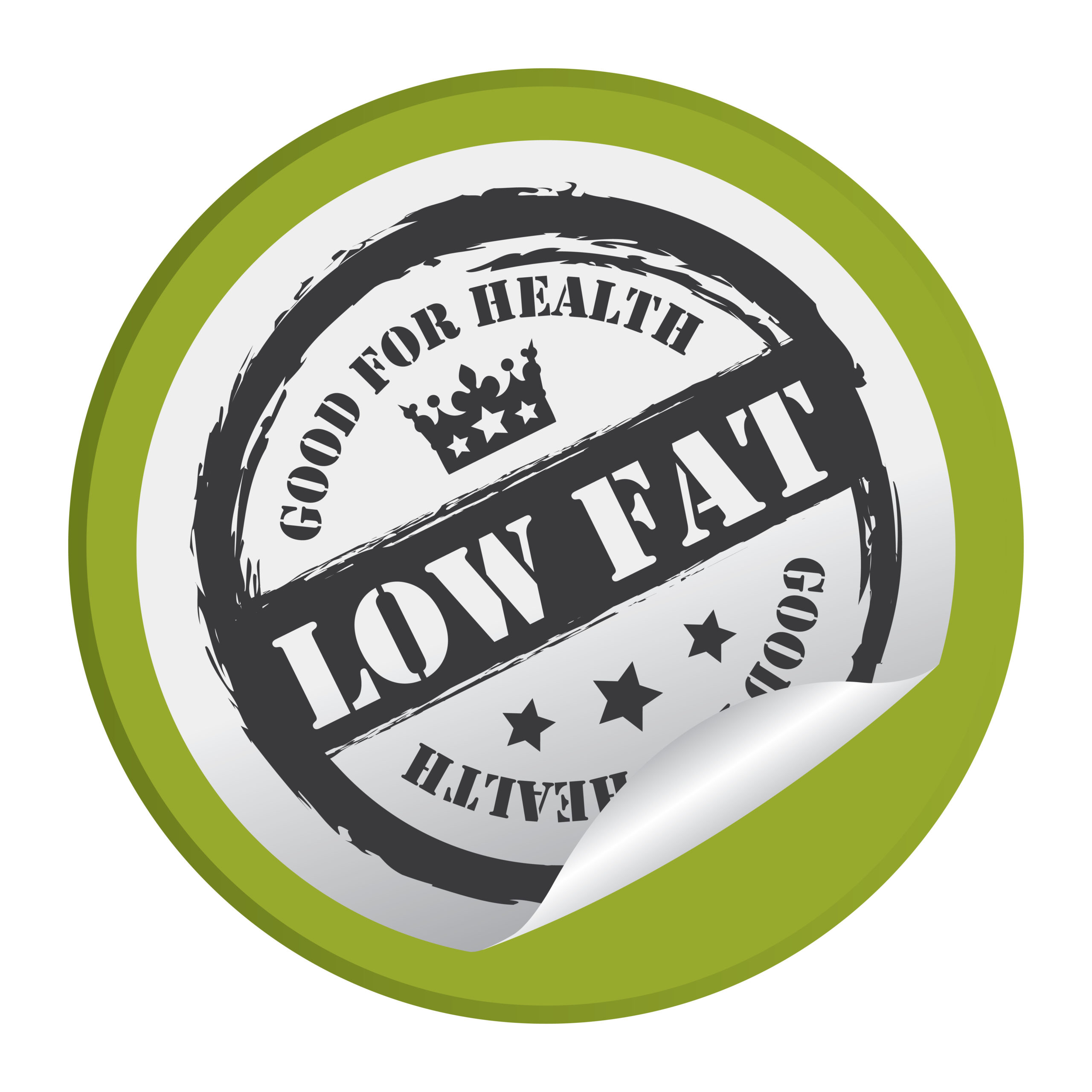
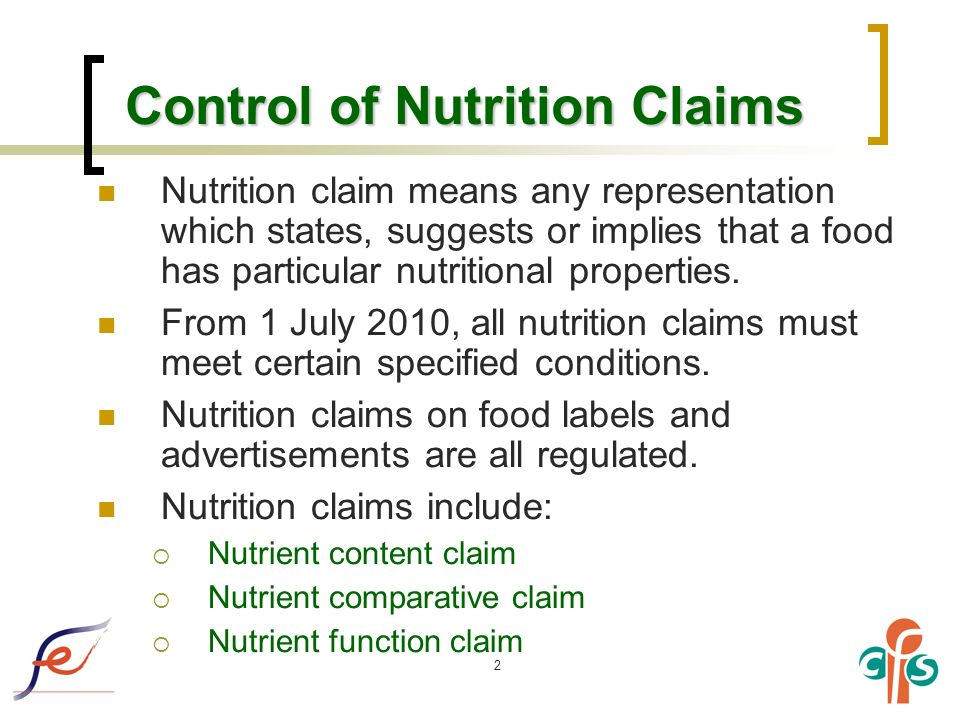

:no_upscale()/cdn.vox-cdn.com/uploads/chorus_asset/file/3648106/quaker-oats-heartlabel.0.jpg)





Post a Comment for "38 nutrient content claims on food labels"